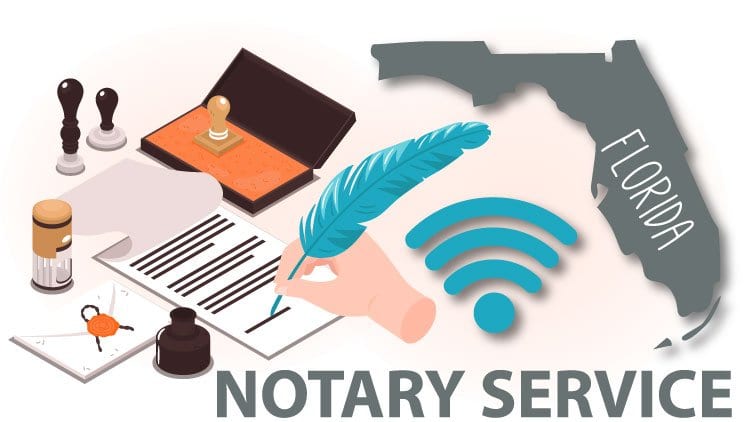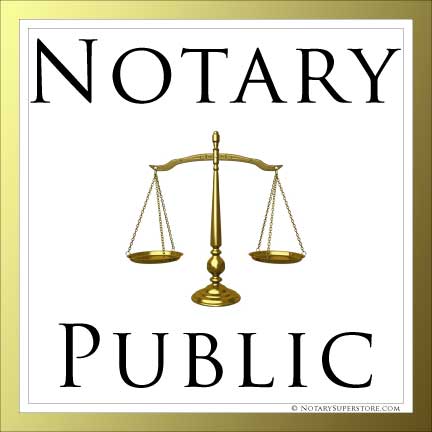Experienced Conveyancer: Browsing Home Transfers with Knowledge
Experienced Conveyancer: Browsing Home Transfers with Knowledge
Blog Article
Demystifying Notarial Job: Simplifying the Duty and Significance of Notaries
Their function, commonly shrouded in mystery for lots of, carries significant weight in making sure the credibility and integrity of important records. By unwinding the intricacies bordering notarial practices and dropping light on the importance of their acts, a more clear understanding arises of the essential role notaries play in maintaining the fabric of contractual and legal agreements.
The Background of Notarial Work
How did notarial work develop over time to become an important component of legal and company purchases? The background of notarial work days back to ancient human beings, where scribes played a vital role in recording crucial details and confirming papers. As societies progressed, the need for an extra formalized system to guarantee the legitimacy of agreements developed. This caused the growth of notaries, individuals appointed by the state to serve as unbiased witnesses in legal matters.
During the Center Ages, notaries got prestige in Europe, with their features expanding to include preparing legal papers, accrediting signatures, and protecting records. The surge of international trade better stressed the significance of notarial work in confirming agreements and contracts throughout boundaries.
In the modern-day era, notaries remain to play an important function in legal and company transactions by validating identifications, confirming the credibility of files, and avoiding scams. Their role in accrediting the validity of agreements includes a layer of protection and trust fund to the ever-evolving landscape of commerce and legislation.

Tasks and Responsibilities of Notaries
The historical development of notarial work from old civilizations to the modern-day era has shaped the distinctive tasks and obligations that notaries support in legal and service purchases today. Notaries play a vital duty in confirming the credibility of records and the identity of notaries. Among their key responsibilities is to witness the signing of crucial files, such as agreements, wills, and acts, to make certain that all celebrations are becoming part of agreements intentionally and voluntarily. Notaries additionally validate that signatures are of sound mind and not under discomfort or browbeating.
Moreover, notaries are entrusted with administering affirmations and oaths, which are essential in lawful process and the implementation of sworn statements. They accredit duplicates of initial files, supplying guarantee to institutions that the duplicates hold true reproductions of the originals. Notaries have to keep exact records of all transactions they manage to ensure openness and liability. On the whole, the duties and responsibilities of notaries are essential in protecting the stability and legitimacy of numerous files and deals.
Notarial Certificates and Signatures
Exhibiting careful interest to detail, notarial certificates and signatures function as crucial parts in validating the authenticity of legal records. Notarial certifications generally contain essential details such as the day of registration, the names of the signatures, a description of the document, and the notary's main seal. These certifications from this source supply a clear document of the notarial act, guaranteeing that the document can be easily recognized and traced back to the notary who supervised the procedure.
Signatures play a pivotal duty in notarial work, as they indicate the arrangement and consent my site of the parties involved. Notaries meticulously witness the finalizing of files to validate the identification of the signatures and verify that they are authorizing of their very own free choice. By fastening their main seal and signature to the paper, notaries accredit that the necessary treatments have actually been adhered to and that the paper is enforceable and valid.
Essentially, notarial certifications and signatures are the characteristic of credibility in lawful purchases, offering guarantee to all events entailed that the papers are reputable and binding.
Importance of Notarial Acts

Notarization Process Described
Clarifying the notarization process offers clarity on the important steps included in validating lawful papers. The registration process normally begins with the specific offering the record to a notary public. The notary after that validates the endorser's identification with appropriate recognition approaches. As soon as the identification is verified, the notary makes certain that the specific authorizing the file does so willingly and without any kind of threat.

Final Thought

Notarial certificates generally consist of essential info such as the day of registration, the names of the signatures, a description of the paper, and the notary's main seal. These certificates offer a clear document of the notarial act, ensuring that the document can be quickly recognized and traced back to the notary who supervised the procedure.
By attaching their main seal and trademark to the record, notaries certify that the needed procedures have been followed and that the record is enforceable and legitimate.
By validating the identity of the signatories, confirming their determination to enter into the arrangement, and accrediting the day and area of the signing, notaries play a crucial function in maintaining the validity of lawful documents.After the record is authorized, the notary will affix their official seal or stamp onto the paper.
Report this page